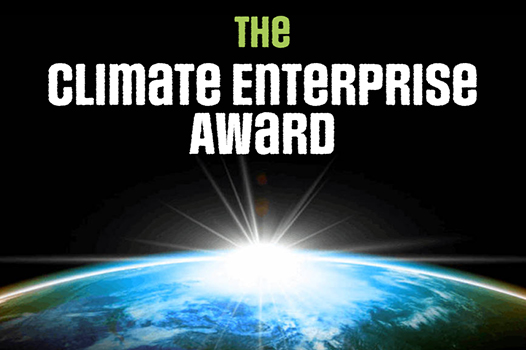The Climate Enterprise Award 2026: Tackling E-Waste and Battery Recycling
At Wastebuster, we’re passionate about nurturing young eco-innovators. That’s why we’re excited to launch this year’s Climate Enterprise Award – a unique challenge that empowers students to develop real solutions for one of today’s fastest-growing environmental issues: electronic waste (e-waste) and battery recycling.
The E-Waste & Battery Recycling Challenge
In our tech-driven world, gadgets and batteries are quickly discarded, contributing to one of the fastest-growing waste streams in the UK. Every year, the UK produces around 1.45 million tonnes of e-waste – but only 38% is recycled. Many small electrical items and batteries end up in landfill, causing pollution and wasting valuable resources.
This year, we’re inviting students in West Sussex aged 11–14 to come up with an idea to help tackle e-waste and battery recycling in the county.
The winning entry will receive:
- £500 towards bringing their idea to life
- Mentoring from industry experts
- The opportunity to make a real difference in their community
Inspiring Innovation Through Competition
Taking part in the Climate Enterprise Award supports classroom learning while also building valuable skills for future study and careers. The challenge can be embedded into lessons or run as an exciting extra-curricular project, with clear links to multiple curriculum areas:
- Geography & Science – Investigating waste management, recycling processes, and the wider impact on environmental sustainability.
- Design & Technology – Applying creativity, problem-solving, and design thinking to develop practical, innovative solutions.
- PSHE & Citizenship – Building teamwork, leadership, and communication skills while engaging with real-world community challenges.
Why E-Waste and Battery Recycling Matters
Recycling e-waste and batteries helps to:
- Reduce greenhouse gas emissions – Using recycled metals to make new products cuts CO₂ emissions by up to 86%.
- Prevent harmful pollution – Electricals and batteries sent to landfill can release toxic substances such as lead, mercury, and lithium, which contaminate soil and water.
- Conserve valuable resources – Many electronic items and batteries contain precious or rare materials such as gold, silver, copper, cobalt, and lithium, which can be recovered and reused.
Previous Winners
- 2023: Bodyn from Bohunt Horsham tackled food waste and created a Best Practice Guide for School Food Waste Management.
- 2024: Emilia from Bourne Community College launched a sewing club to upcycle textiles into tote bags, inspiring the Sew it, Mend it, Make it resources.
- 2025: Zack from Tandridge House School developed a project to tackle e-waste by inviting donations of electrical, electronic, and tech items, which can then be repaired (if needed) and redistributed within the school community.
Now it’s your students’ turn – could their idea be the next award-winning solution?
How to Enter
Students can submit their project idea in one of the following formats:
- A written document (max two sides of A4)
- A 2–5 slide presentation
- A 30-second video pitch
Entries must be submitted by midnight, Wednesday 22nd April 2026 (Earth Day) to: info@wastebuster.co.uk
Teachers can also book a Wastebuster workshop session to help prepare student entries by contacting info@wastebuster.co.uk.
Join the Movement
The Climate Enterprise Award is more than just a competition – it’s a chance for young people to make a real-world impact. We encourage schools across West Sussex to get involved and support their students in turning today’s waste into tomorrow’s solutions.
For more information and to register your school, visit the Climate Enterprise Award page today.
